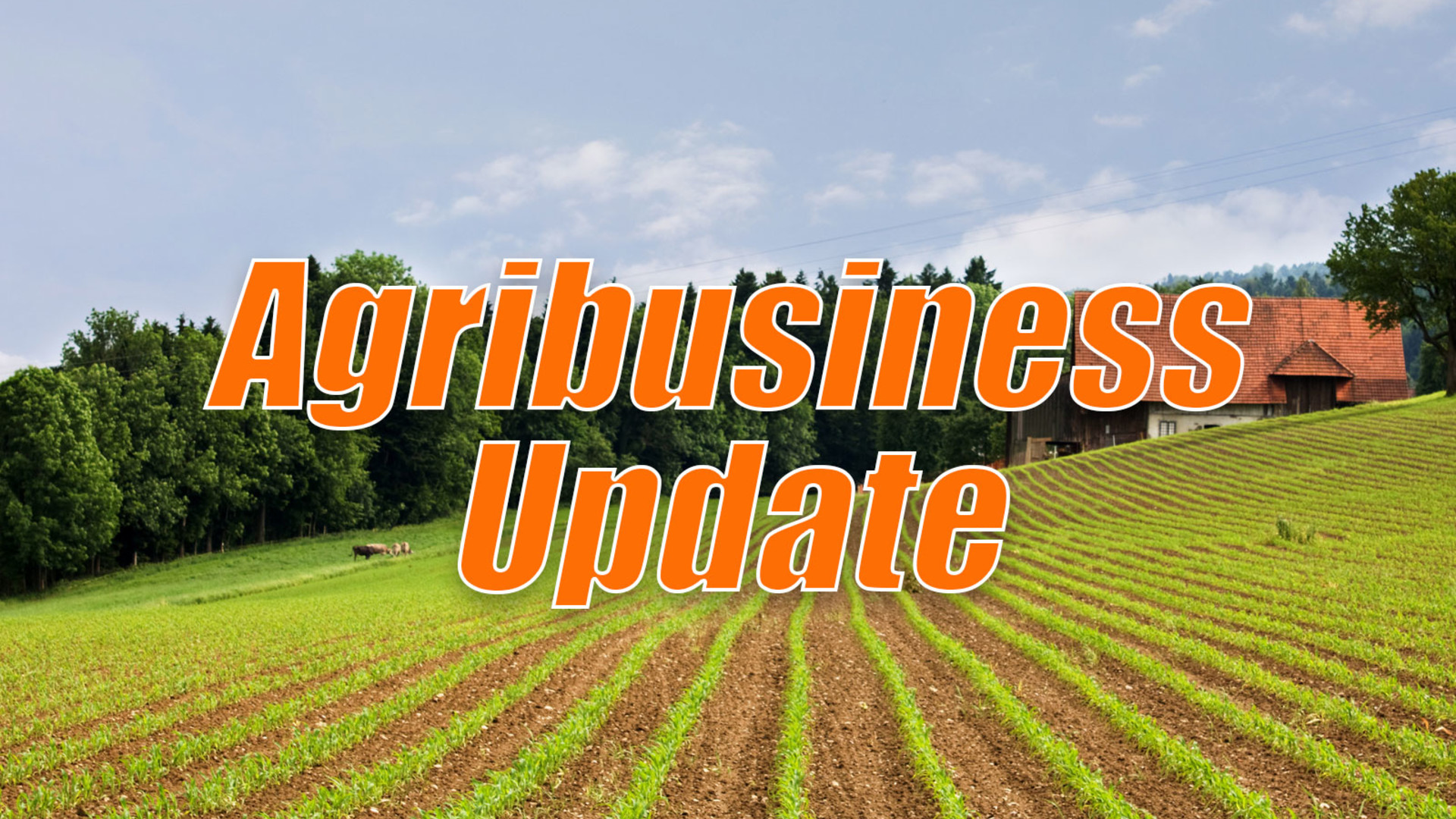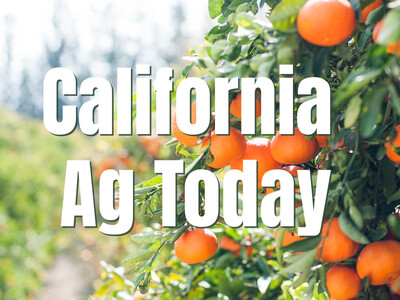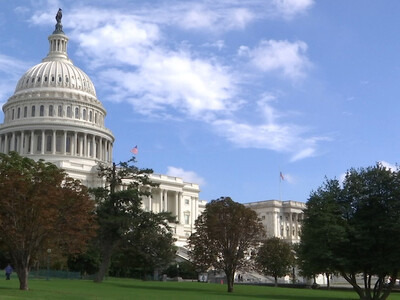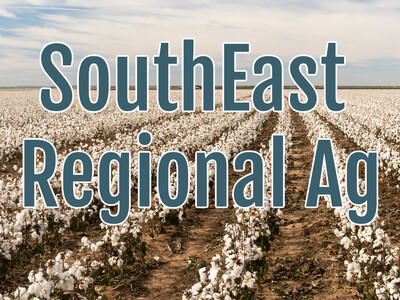China Boosts U.S. Corn Imports and Good Time for Farm Bill Negotiations
From the Ag Information Network, I'm Bob Larson with your Agribusiness Update.**China has bought up to 700-thousand tons of mainly U.S. corn in the past month and is set to step up more purchases as buyers seek out cheap imports.
Three trade sources tell Reuters overseas purchases by the world's second-largest corn consumer had plunged in the second half of last year, after domestic supplies became much cheaper following a farm policy overhaul.
https://www.agriculture.com/markets/newswire/china-buys-up-to-700000-t-of-corn-for-import-as-domestic-prices-rally
**The biofuel industry is split on the EPA's final rule for the amount of biofuels to be blended into the nation's gasoline and diesel supplies in 2018 and 2019.
According to agweb.com, the EPA set total renewable fuel volume at 19.29 billion gallons, which includes 15 billion gallons for conventional biofuel, most of which is corn-based ethanol.
While EPA maintained ethanol levels, it did not increase biodiesel levels. The final renewable volume obligations include advanced biofuel levels at 4.29 billion gallons, including 288 million of cellulosic biofuel.
https://www.agweb.com/article/epa-releases-final-rule-on-biofuel-blends-for-2018-naa-wes-mills/
**Farmers need to speak up and remain involved as lawmakers start to put pen to paper on the 2018 Farm Bill.
The American Farm Bureau's Mary Kay Thatcher tells Brownfield when the 2014 Farm Bill was done, it was a good time to be a farmer, but it might not have provided the best safety net for times like today.
Thatcher says current prices for many commodities aren't good so it may be the best time for lobbyists to work on the Farm Bill while farmers are engaged.
https://brownfieldagnews.com/news/low-prices-support-better-farm-bills/














